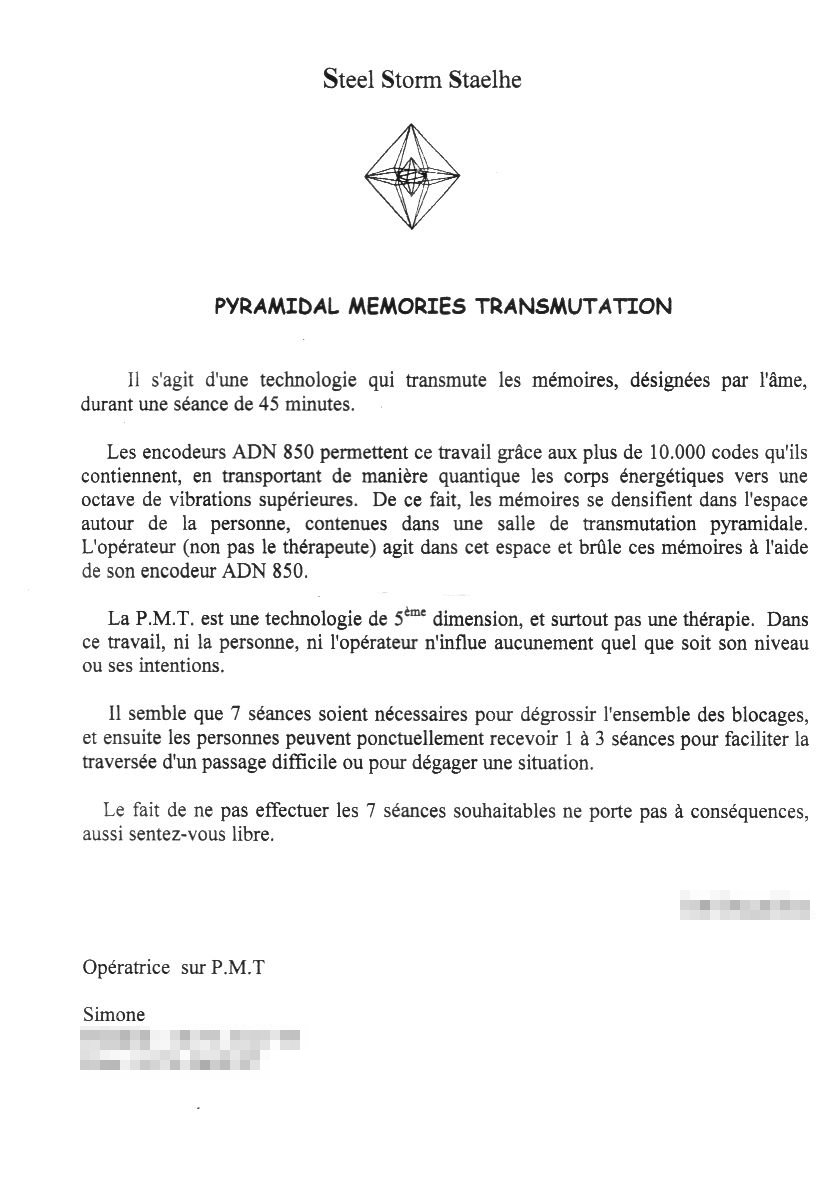In order to compare, I will give you the prices of few europeans contry, thoses prices are based on Prepaid card only, and are the cheapest of the country.
I will not write the suscription/sim card fees since they are not consumption based.
The prices are per minute, and (per second) is written when a minute can be divised.
France 
Call: 0,42 €/mn (second after the first second)
SMS: 0,10€
MMS: 0,30€
DATA(Gprs): 0,15€/10kb (yes 15€/Bb)
Minimum price per month : 3,33€
MVNO: Virgin Mobile
UK 
Call: 0,22 €/mn (First 5 minutes of call) and 0,07€/min after
SMS: 0,17€
MMS: 0,35€
DATA(Gprs): 1€/Mb (limitted at 1,2 per day)
International: 0,30€/min
Minimum price per month : NA
MVNO: Virgin Mobile
ITALY 
Call: 0,19 €/mn
SMS: 0,15€
MMS: 0,60€
DATA: NA
International: 0,50€/min
Minimum price per month : 15€
SPAIN 
Call: 0,14 €/mn (per sec) + 0,14€/call (establishment)
SMS: 0,12€
MMS: 0,35€
DATA(Gprs or 3G): 0,007€/Kb
International: 0,60€/min
Minimum price per month : 7€
MVNO: Yoigo
Belgium 
Call: 0,20 €/mn (second after the first minute)
SMS: 0,10€
MMS: 0,39€
DATA(Gprs): NA
International: 0,65€/min
Minimum price per month : NA
MVNO: Simyo
Germany 
Call: 0,15 €/mn (second after the first minute)
SMS: 0,10€
MMS: 0,39€
DATA(Gprs): 0,24€/Mb
International: 0,30€/min
Minimum price per month : NA
MVNO: Simyo
Austria 
Call: 0,069 €/mn
SMS: 0,15€
MMS: 0,30€
DATA: NA
International: NA
Minimum price per month : NA
MVNO: Yesss
Finland 
Call: 0,07 €/mn (second after the first second)
SMS: 0,07€
MMS: 0,35€
DATA(Gprs or 3G): 0,70€/Mb
International: 0,57€/min
Minimum price per month : 0,50€
MVNO: Kolumbus










